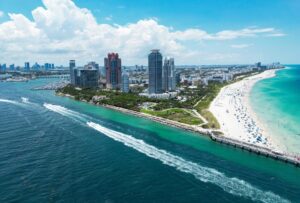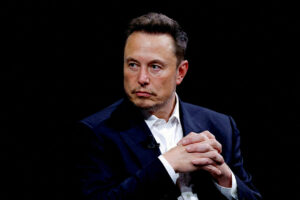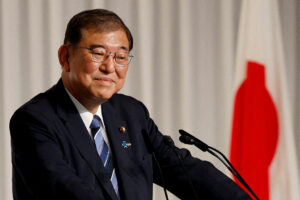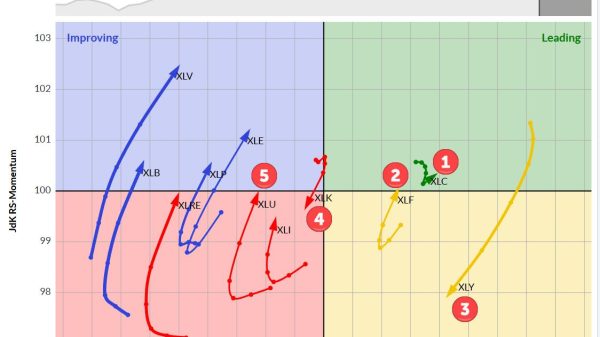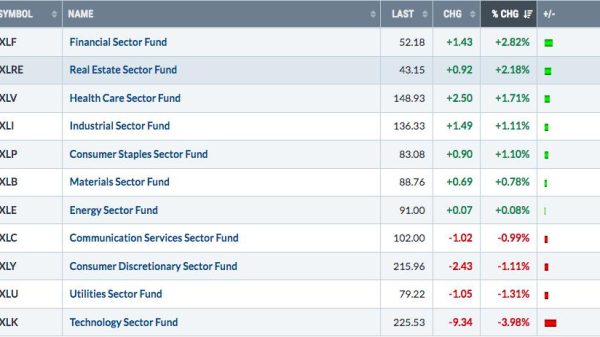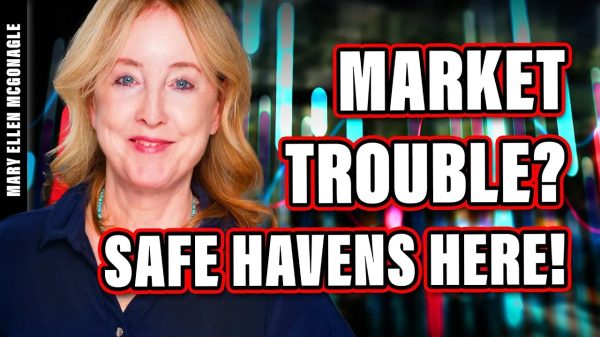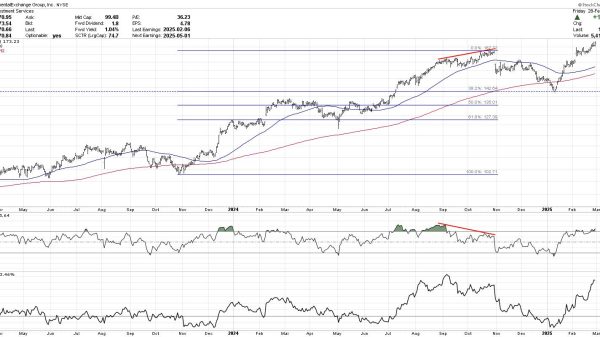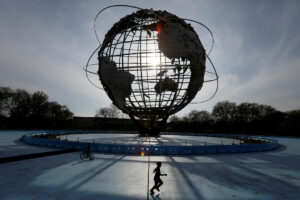GOVERNMENTS across the world chose policies that deepened economic inequality after the outbreak of the coronavirus disease 2019 (COVID-19) pandemic, according to new research.
Analysis by the nonprofits Oxfam and Development Finance International found that of the 161 countries surveyed, almost all either froze or lowered taxes on their richest citizens, while close to half slashed the share of their budgets that went toward social measures between 2020 and 2022.
The research, which was published on Tuesday, comes as policy makers grapple with the fallout from the pandemic, war in Ukraine and climate change, which together have fueled inflation and raised the specter of recession.
But unlike responses to past disasters such as World War II, most countries aren’t choosing to double down on protections for the most vulnerable, the researchers said. Although nations such as the US and Brazil delivered huge stimulus packages during the first year of the pandemic, such support has largely waned since, particularly in the Global South. Even in the US, the federal minimum wage hasn’t increased since 2009, the report said.
“The debate has catastrophically shifted from how we deal with the economic fallout of COVID-19 to how we reduce debt through brutal public spending cuts, and pay freezes,” said Matthew Martin, director of DFI, in the report. “Inequality is a policy choice, governments must stop putting the richest first, and ordinary people last.”
There are already signs that policies deemed hostile to the poor are backfiring. The UK’s newly appointed prime minister, Liz Truss, sparked outrage this month after her government pledged to cut taxes for the top 1% of earners while holding back on support for the poorest. Though it eventually backed down, the Truss government has since floated the idea of increasing benefits at a lower rate than inflation, effectively reducing the spending power of those with the lowest incomes.
Meanwhile, the world’s poorest are disproportionately exposed to higher food and energy prices. Over a quarter of a billion more people could crash into extreme levels of poverty this year, separate research by Oxfam found. Rising interest rates are exacerbating the situation by swallowing up the budgets of low and middle-income countries; in 2021 they spent four times as much on servicing their debt as they did on health-care.
Meanwhile, 96% of the countries analyzed either froze or cut taxes on the rich, despite extreme gains in their wealth during the pandemic, the research shows.
“Government leaders in Washington face a choice: build equal economies where everyone pays their fair share or continue to drive up the gap between the rich and the rest, causing huge, unnecessary suffering,” said Gabriela Bucher, Oxfam International’s executive director. — Bloomberg



